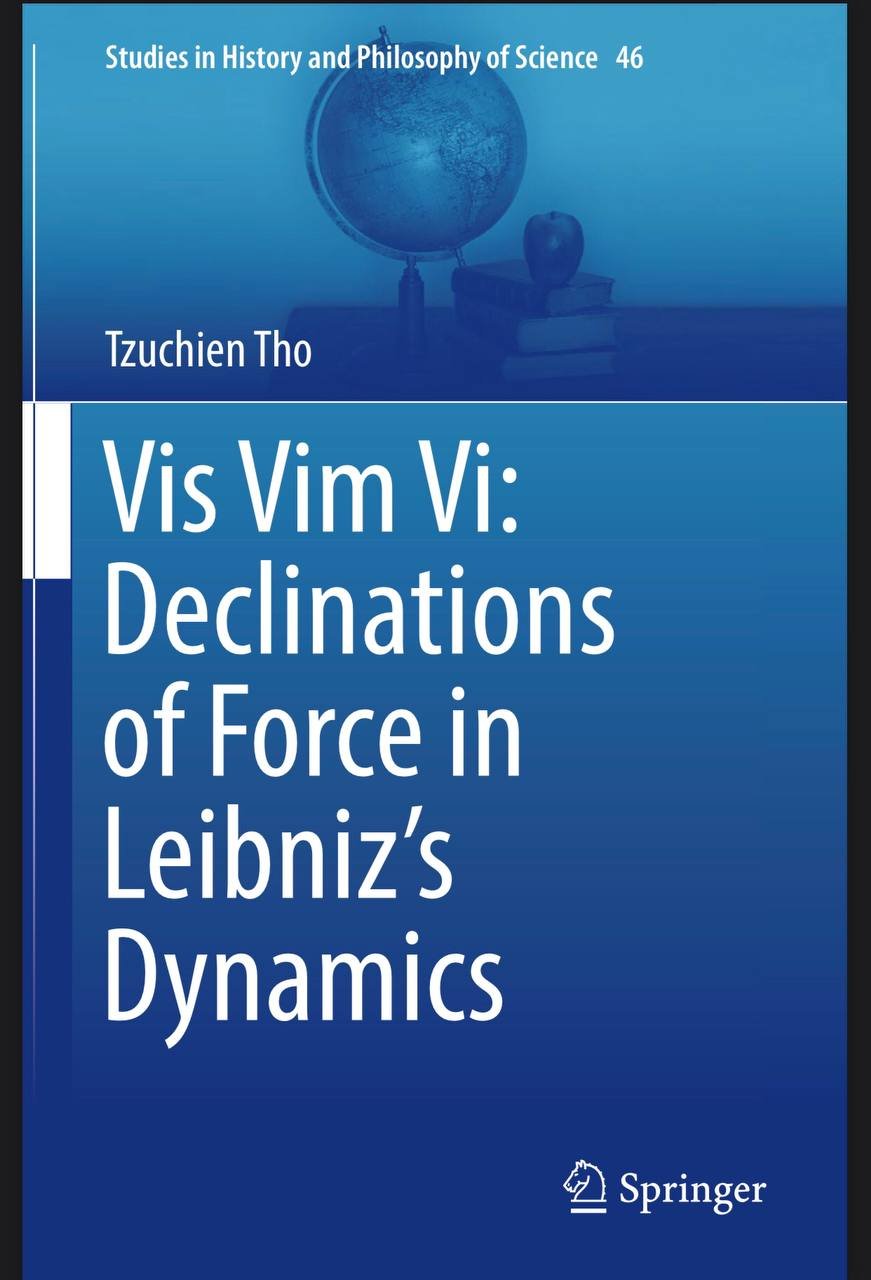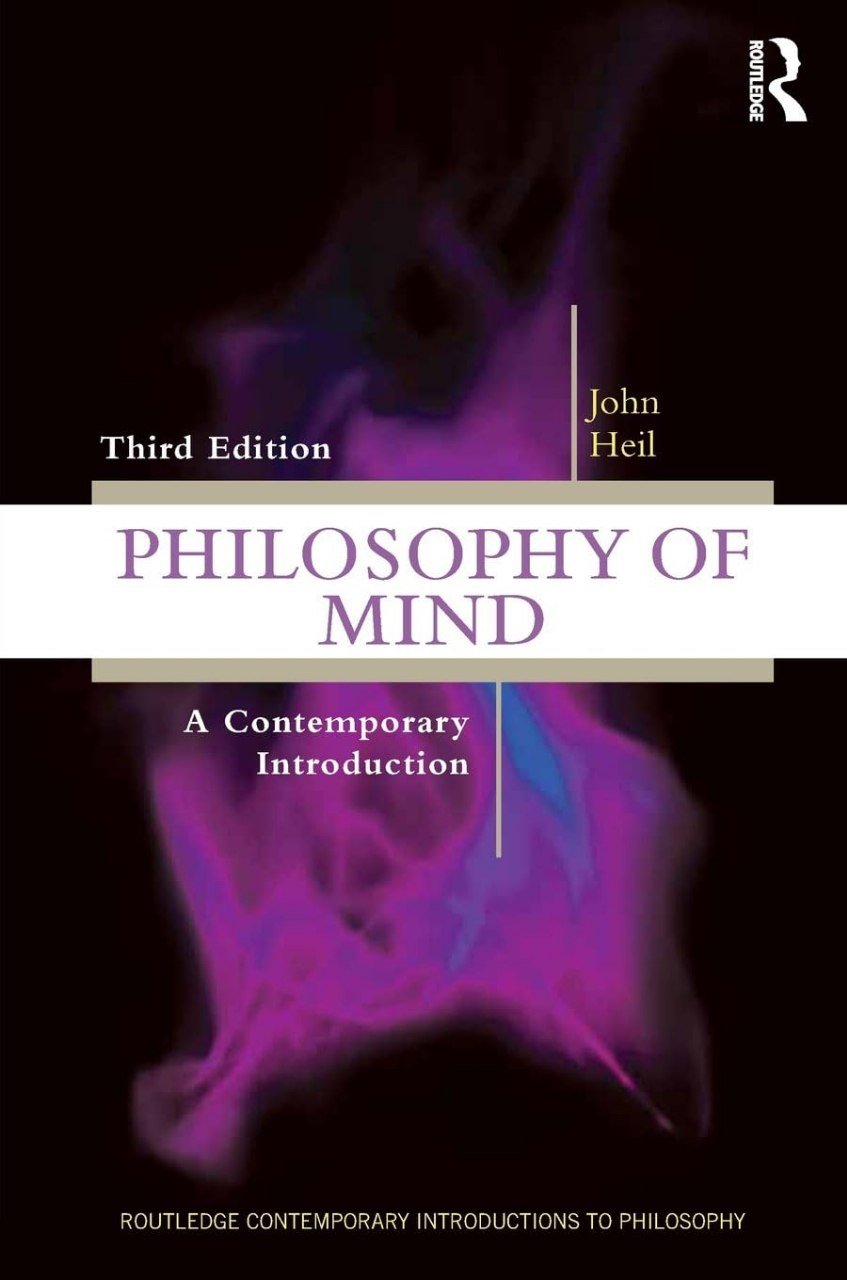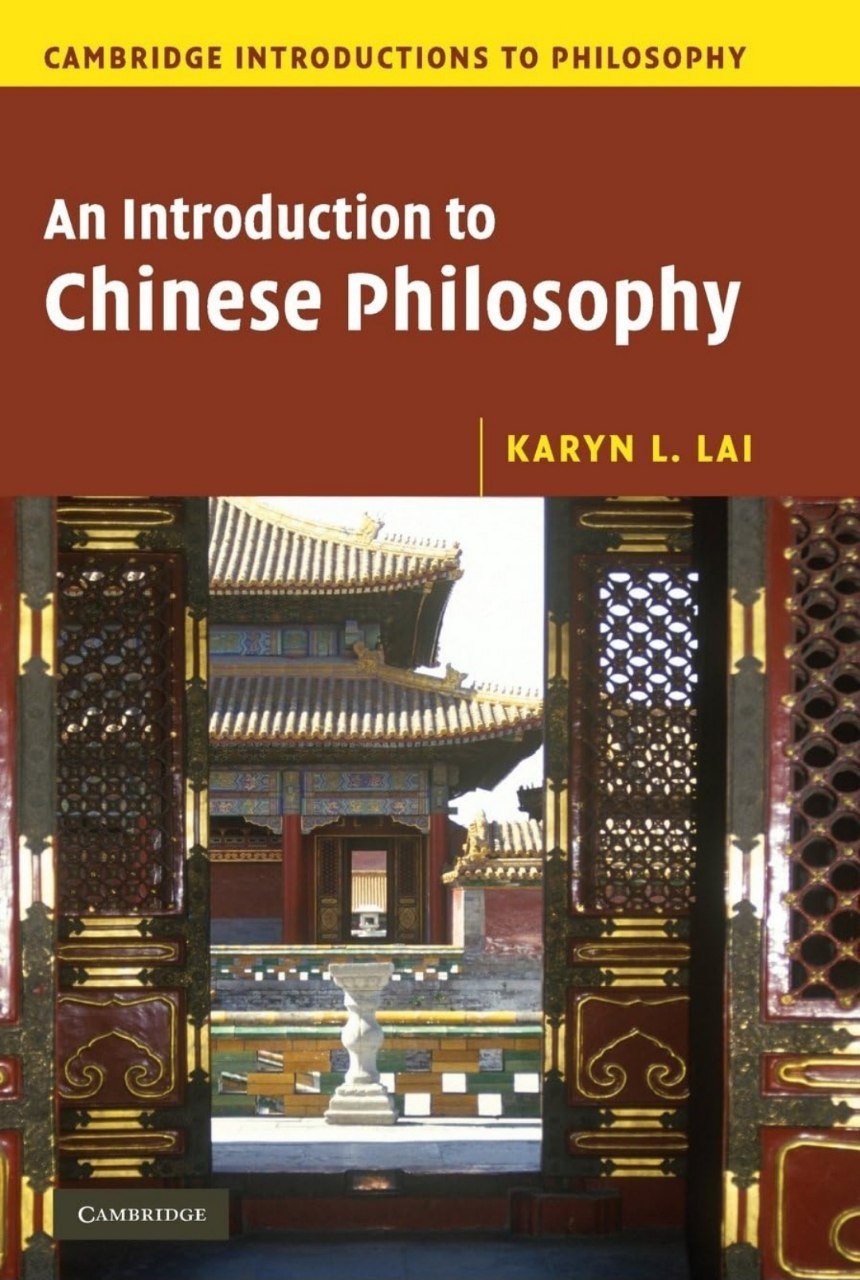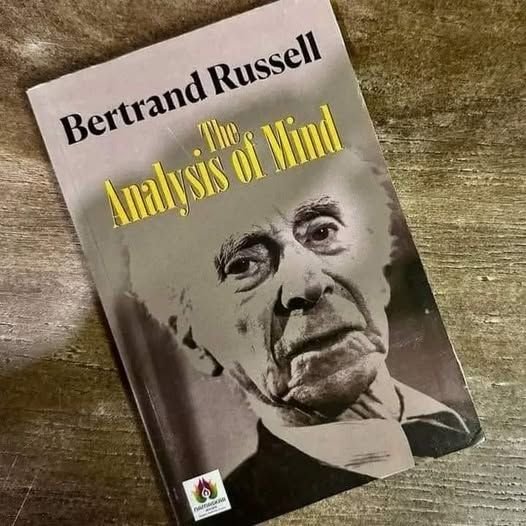

The Myth of Universal Human Rights
Reviews
No review yet. Be the first to review this book!
Description
In "The Myth of Universal Human Rights", philosopher David N. Stamos offers a critical and provocative analysis of the concept of universal human rights, arguing that the idea is not as universally applicable or inherently justified as often claimed. Stamos traces the historical origins and development of human rights discourse, showing how it emerged from specific Western philosophical and cultural traditions, particularly Enlightenment thinking and liberal individualism. He contends that the notion of universal human rights has been treated as a kind of secular religion—an unquestioned moral truth that transcends cultural and historical differences. However, Stamos challenges this view by examining the philosophical foundations of human rights theory, revealing its reliance on contested assumptions about human nature, moral objectivity, and universal values. He argues that the imposition of so-called universal rights often ignores or overrides cultural diversity and alternative moral frameworks, leading to ethical imperialism. In place of the rigid, one-size-fits-all model of universal human rights, Stamos proposes a more humane and pragmatic approach that respects cultural differences while seeking to protect basic human interests and promote well-being through negotiation and mutual understanding. His book encourages readers to critically reflect on the limits of Western moral frameworks and to explore more inclusive, context-sensitive alternatives for addressing global ethical challenges. "The Myth of Universal Human Rights" is a compelling and thoughtful contribution to philosophical debates on ethics, cultural relativism, and the politics of human rights in a globalized world.




















.jpeg)
.jpeg)









.jpg)








.jpg)


.jpeg)

.jpeg)



.jpg)





.png)

.jpg)


.jpg)









.jpg)















.jpg)
.jpg)


.jpeg)



.jpg)












































